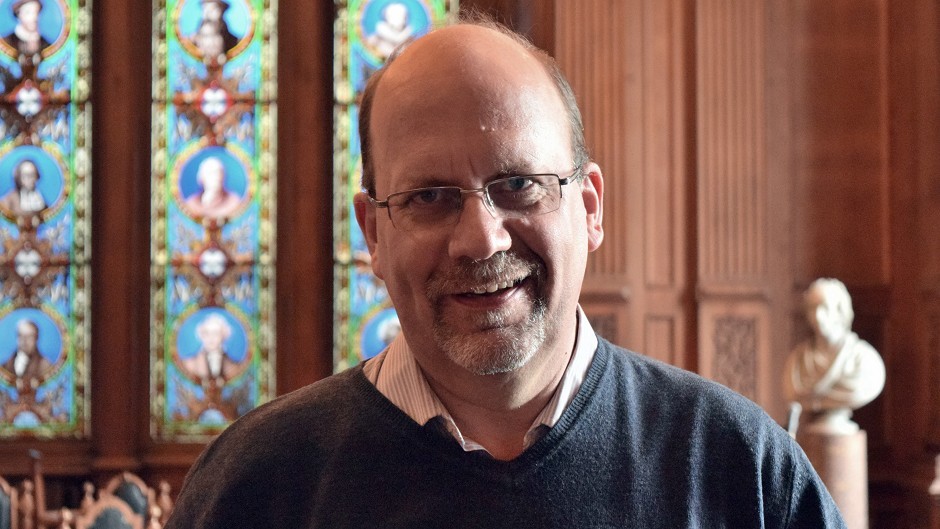By the Rev David Robertson, moderator-elect of the Free Church of Scotland and minister of St Peter’s Free Church in Dundee.
‘Owe no man nothing’ says the Good Book.
For years Scots brought up on the teaching of the Bible did their best to fulfil that instruction.
Our reputation for meanness was undeserved because in reality our thrift and canniness with money meant that we had more to give.
No more because according to a report by Accountant in Bankruptcy the number of people in Scotland being taken to court is more than 1,000 per day.
More than 380,000 in 2013-14 – that in a population of just over five million.
Various reasons have been given for this; from the increased powers given to local authorities to pursue debtors, to the on-going effects of the recession.
Perhaps though there are other factors we need to take into account.
For example the kind of human greed and consumerism exemplified by people fighting over discounted TVs in supermarkets on the so-called ‘Black Friday’?
But there is more to it than that – much more.
We are a culture built on debt.
Christians Against Poverty (CAP) is one of the foremost debt help agencies in the UK.
My own congregation has a CAP centre in our church building.
The stories of debt that I have heard are incredible.
People with little income being able to get into credit card debts of tens of thousands of pounds.
CAP are doing wonderful work and have helped tens of thousands of people get out of debt, but it is a long hard process teaching people the basic principle that you should not spend what you do not have.
A principle that is made even harder when the government does not even pretend to practice it.
Britain is at least £1.4trillion in debt – £25,000 for every single man, woman and child – some reckon that the real debt is three times that.
There is an old Italian proverb that says: “He who leaves God out of his reckoning does not know how to count.”
Perhaps, as we as a society have abandoned the spiritual and become consumerist materialists, seeing life only in terms of what we own, it is little wonder that the things that money can buy don’t ultimately satisfy, and that our debts of every kind, just keep on piling up.
